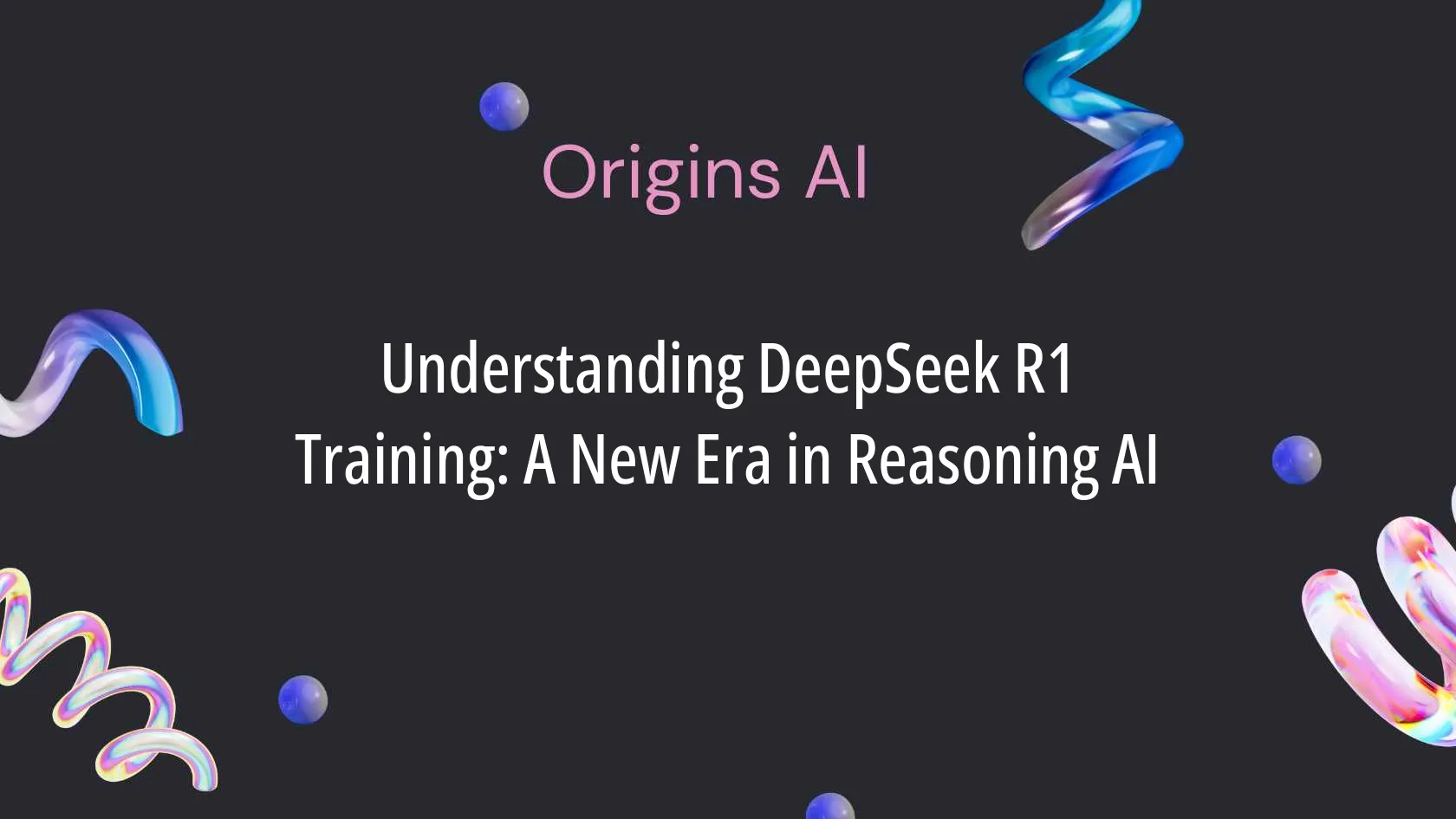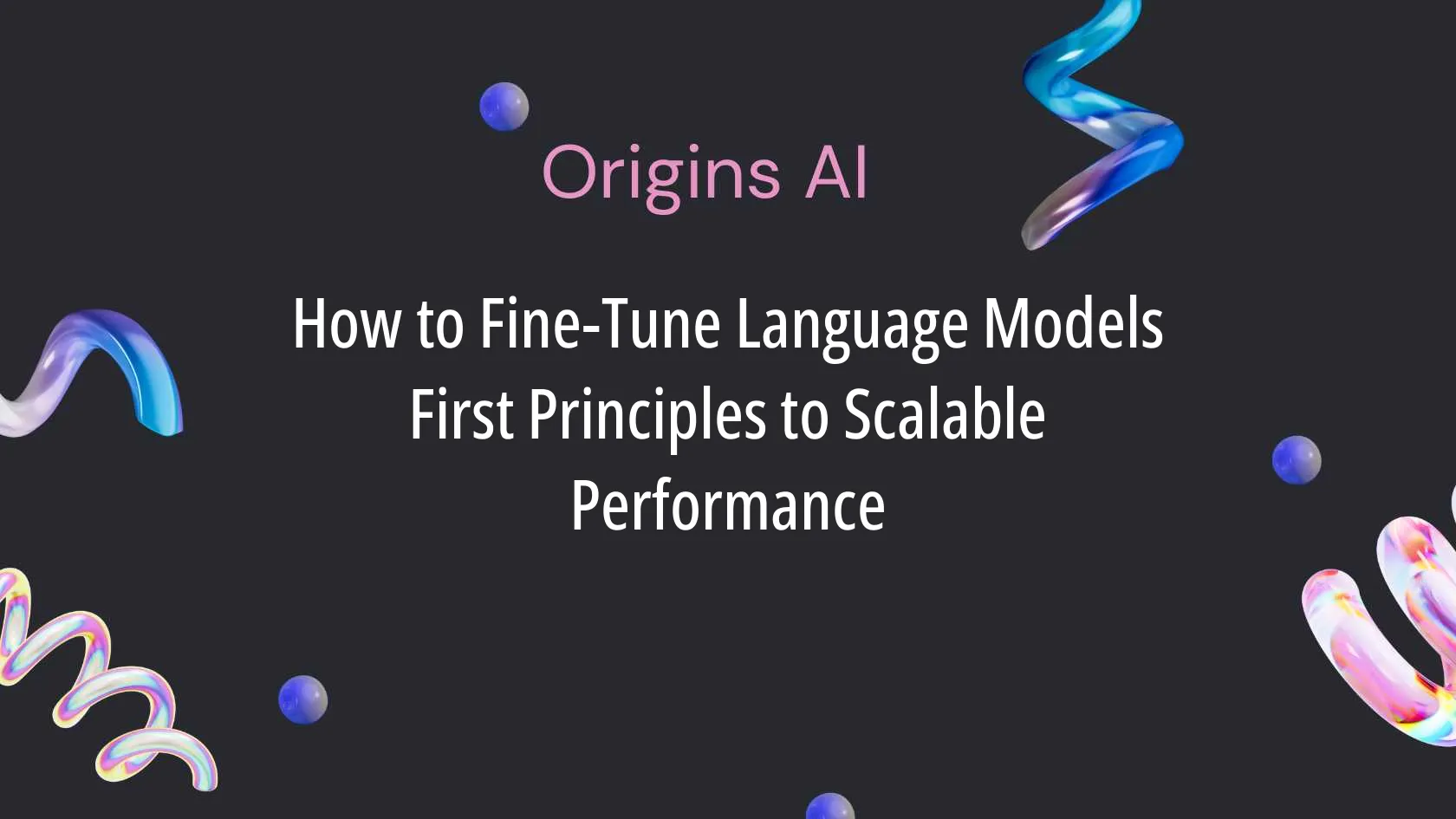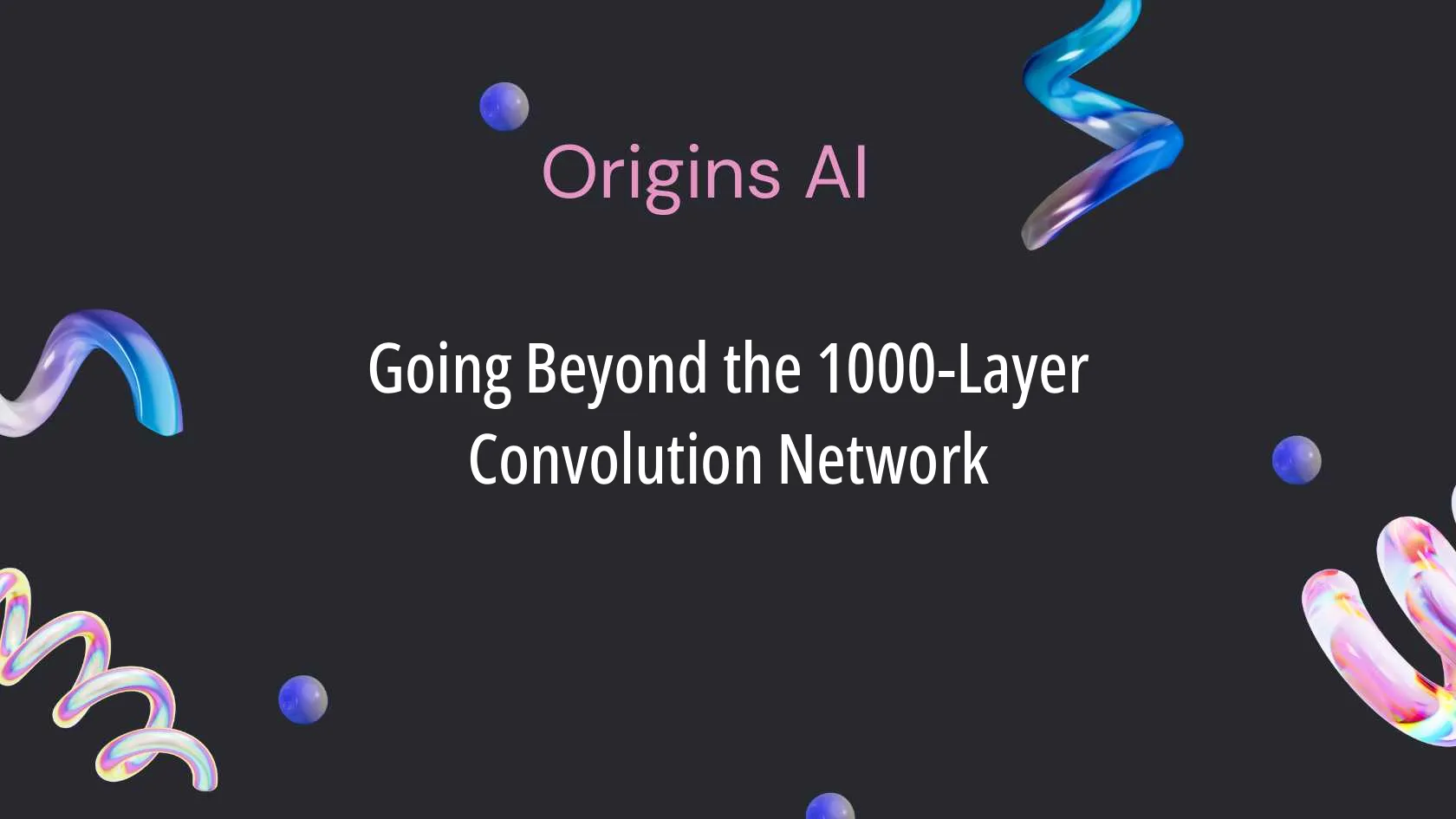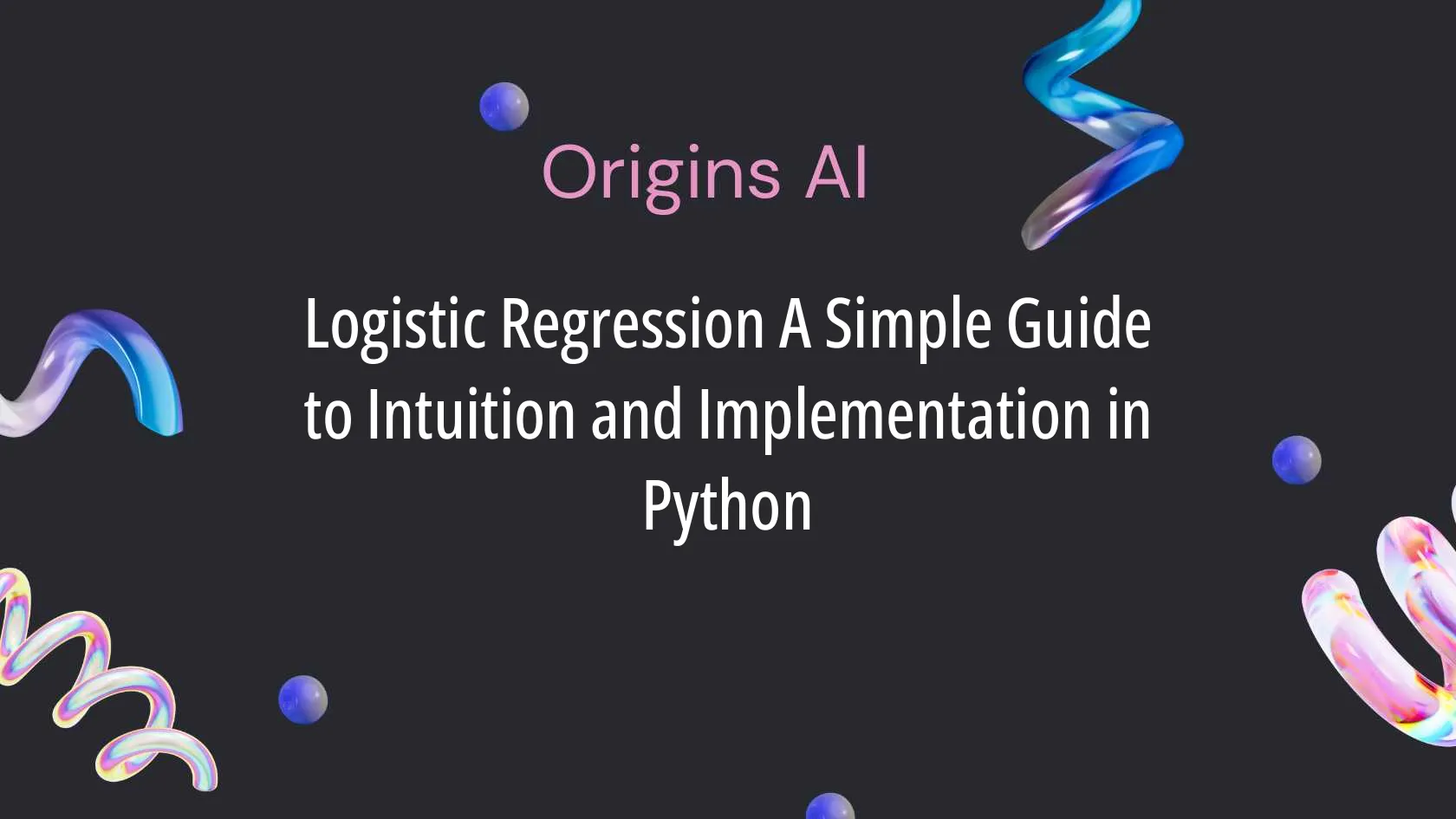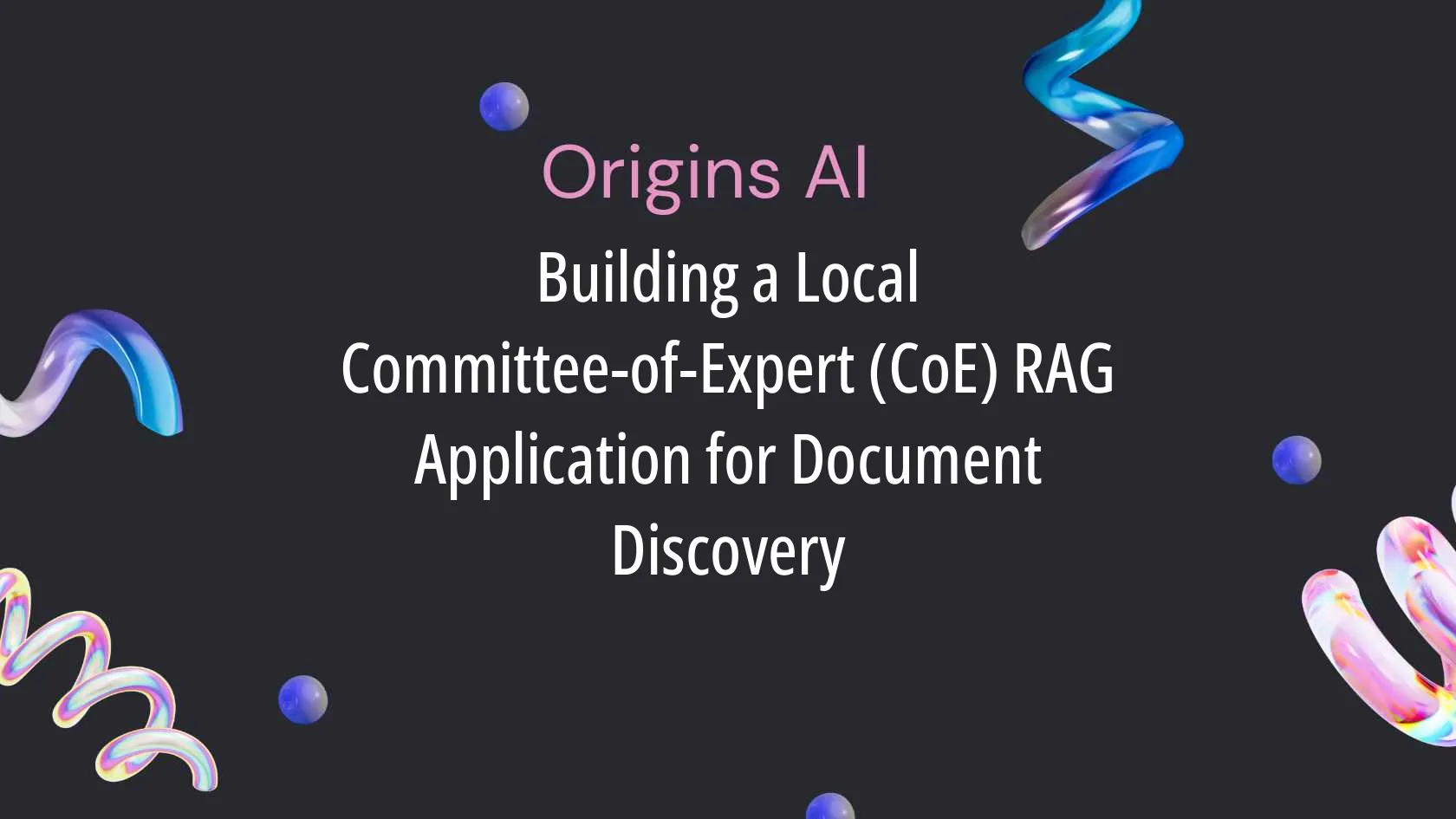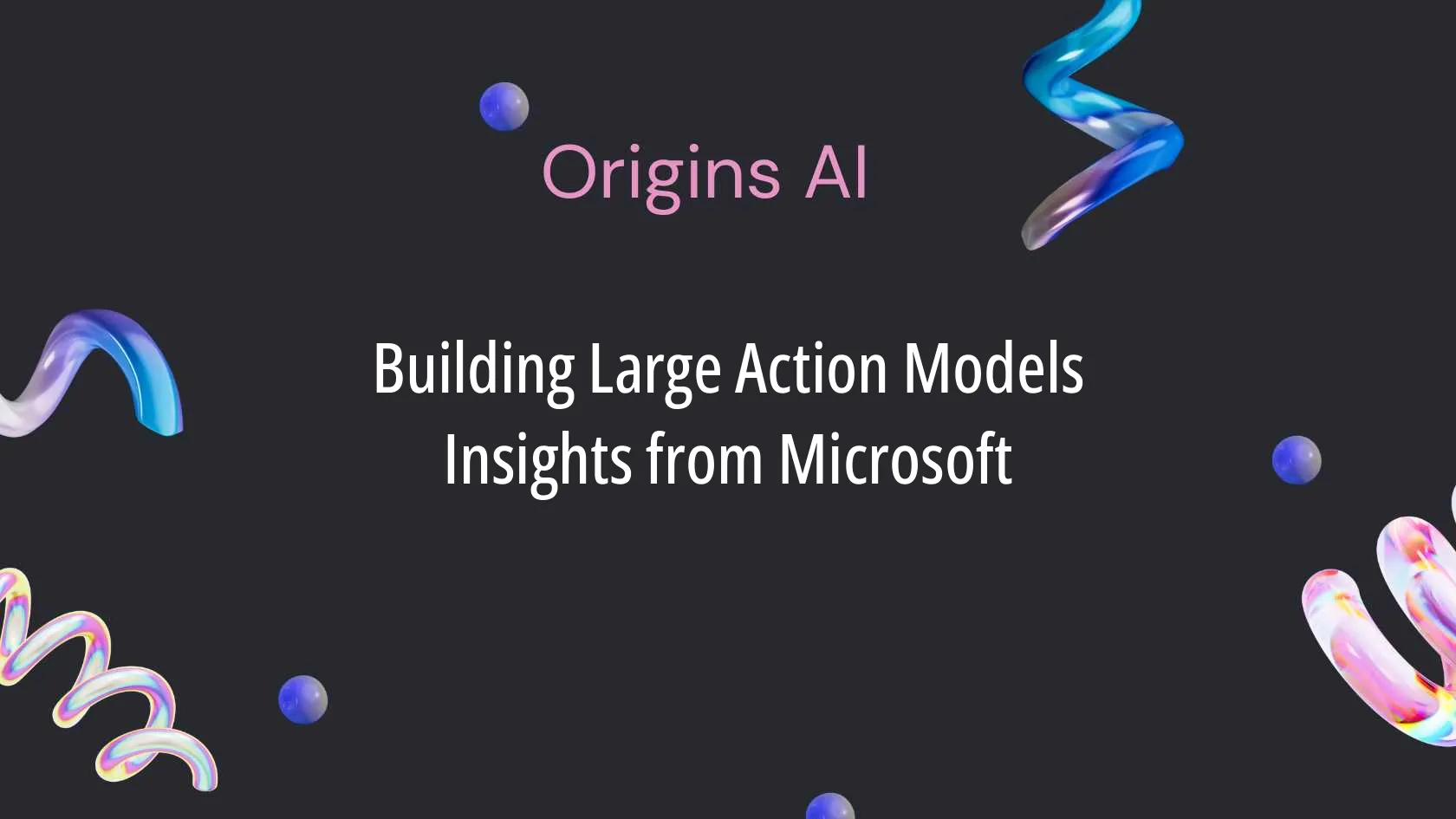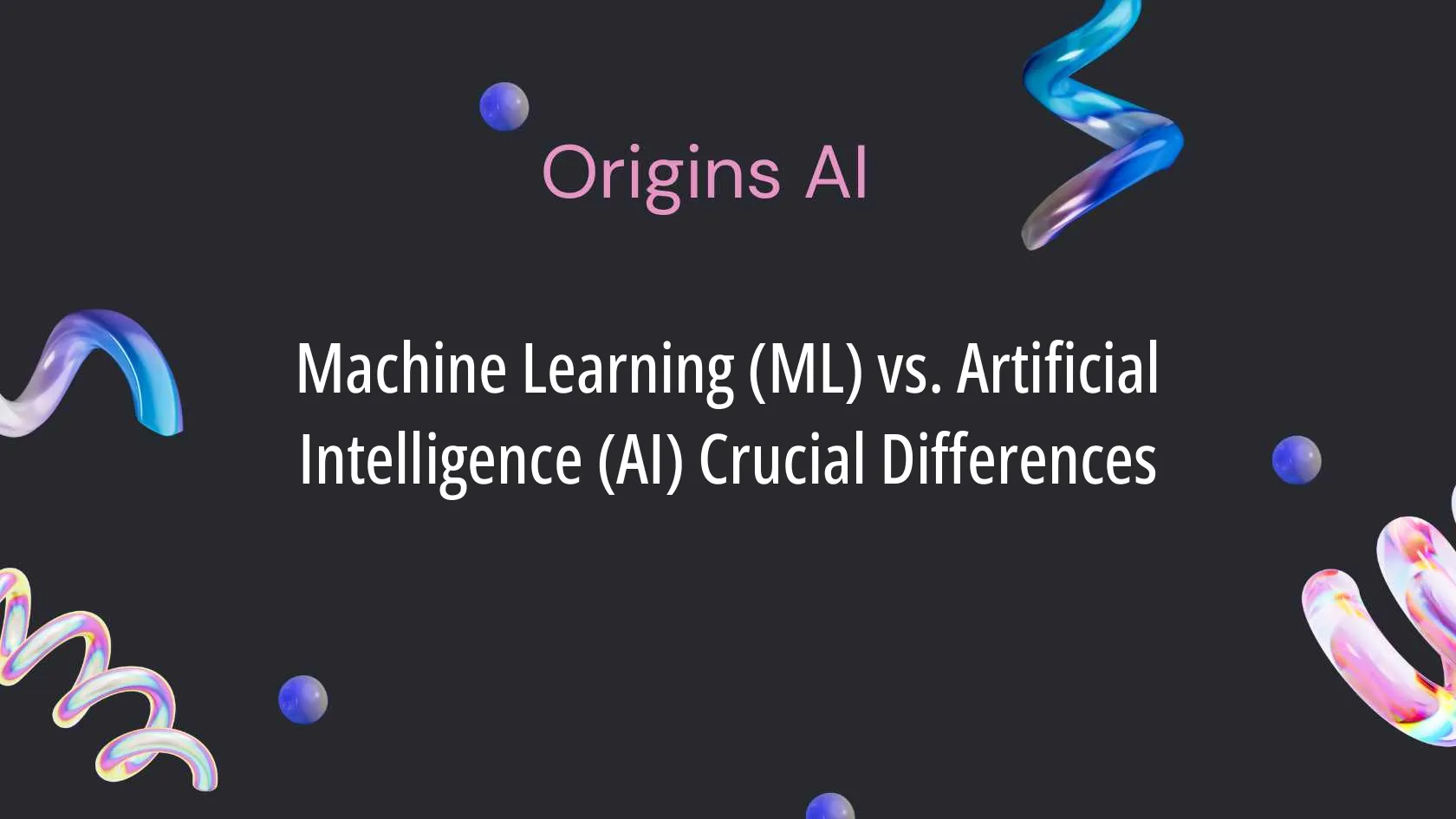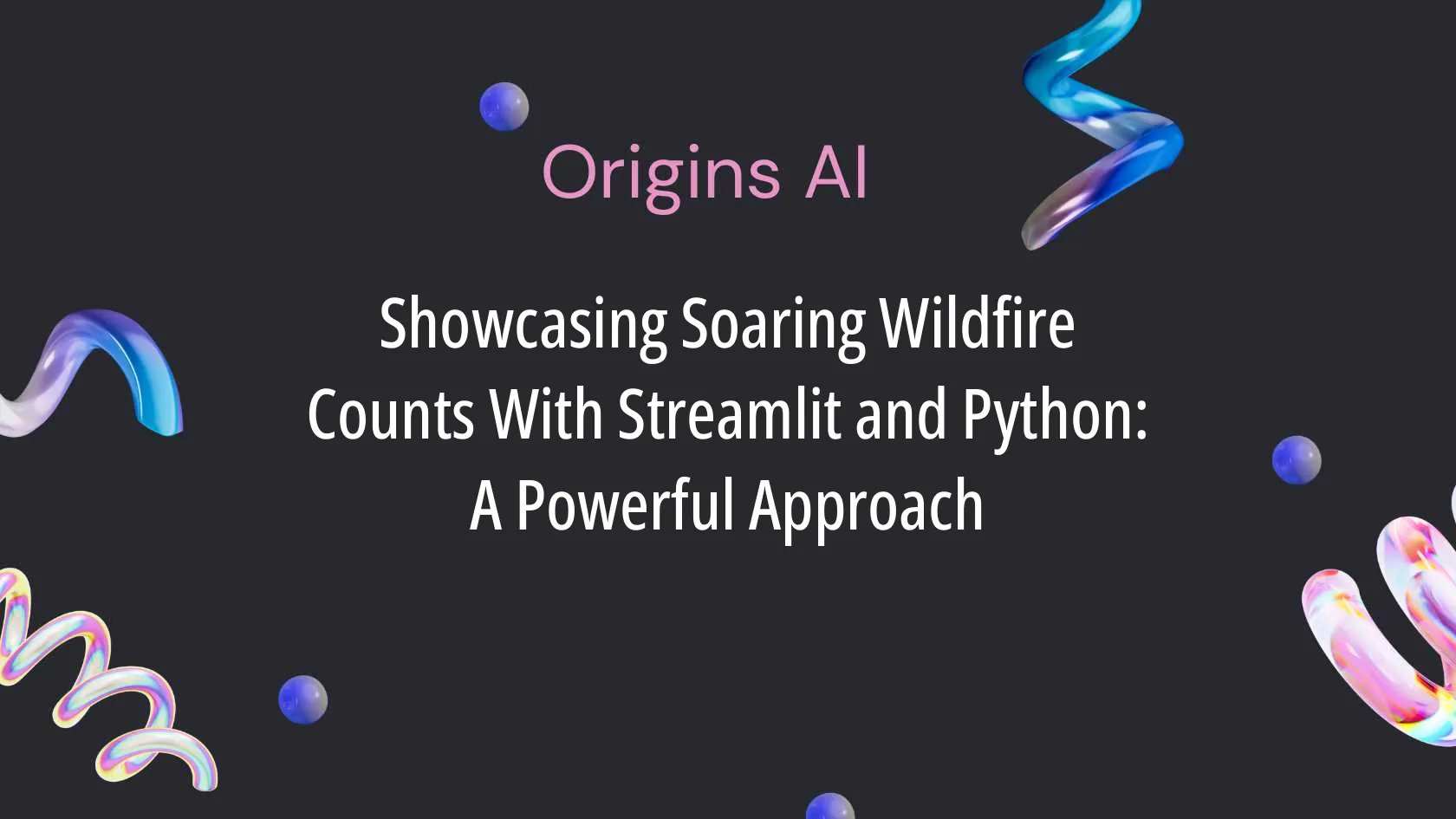Latest Posts
-
·
Understanding DeepSeek R1 Training: A New Era in Reasoning AI
DeepSeek R1 is a remarkable step forward in large language model training, known for its unique multi-stage reinforcement learning process and ability to create reasoning-focused AI. This blog dives into the training methodology of DeepSeek R1, demystifying its capabilities and showcasing its relevance in advancing AI technologies. What is DeepSeek R1? DeepSeek R1 represents a…
-
·
How to Fine-Tune Language Models First Principles to Scalable Performance
In this article, well explore the process of fine-tuning language models for text classification. Well do so in three levels: first, by manually adding a classification head in PyTorch* and training the model so you can see the full process; second, by using the Hugging Face* Transformers library to streamline the process; and third, by…
-
·
Going Beyond the 1000-Layer Convolution Network
Mean gradient for 1st layer in all experiments Introduction One of the largest Convolutional Networks, ConvNext-XXLarge [1] from OpenCLIP[2], boasts approximately 850 million parameters and 120 layers (counting all convolutional and linear layers). This is a dramatic increase compared to the 8 layers of AlexNet[3] but still fewer than the 1001-layer experiment introduced in the…
-
·
Logistic Regression A Simple Guide to Intuition and Implementation in Python
When it comes to solving classification problems, logistic regression is often the first algorithm that comes to our mind. The theoretical concepts of logistic regression are essential for understanding more advanced concepts in deep learning. Lets get Started Introduction: Logistic regression is a fundamental classification algorithm used to predict the probability of categorical dependent variable.…
-
·
Building a Local Committee-of-Expert (CoE) RAG Application for Document Discovery
In todays fast-paced world, where access to timely and accurate information can be a critical differentiator, organizations across various sectors constantly seek innovative solutions to stay ahead of the competition. This is particularly true in the insurance and reinsurance industry where the underwriting expenses have grown significantly in the last decade. Rising costs, salaries, and…
-
·
Building Large Action Models Insights from Microsoft
Action execution is one of the key building blocks of agentic workflows. One of the most interesting debates in that are is whether actions are executed by the model itself or by an external coordination layer. The supporters of the former hypothesis have lined up behind a theory known as large action models(LAMs) with projects…
-
·
Machine Learning (ML) vs. Artificial Intelligence (AI) Crucial Differences
Helping Scale AI & Technology Startups to Enterprises Recently, a report was released regarding the misuse of companies claiming to use artificial intelligence [29] [30] on their products and services. According to the Verge [29], 40% of European startups claiming to use AI dont use the technology. Last year, TechTalks, also stumbled upon such misuse…
-
·
Showcasing Soaring Wildfire Counts With Streamlit and Python: A Powerful Approach
Python ** Streamlit** is terrific for creating interactive maps from a GIS dataset. Interactive maps that allow input from your audience can be used for deeper analysis and storytelling. Python Streamlit is the right tool for the job. It can be used alongside the pandas for easy data frame creation and manipulation. Let’s test this…
-
·
How to Pick Between Data Science, Data Analytics, Data Engineering, ML Engineering, and SW Engineering in 2025
In 2025 If you’re hoping to break into tech or pivot into a new job family, figuring out which career path is right for you isn’t easy — especially when the job titles sound so similar and the roles have a good amount of overlap. Data analytics, data engineering, data science, machine learning engineering, software…

